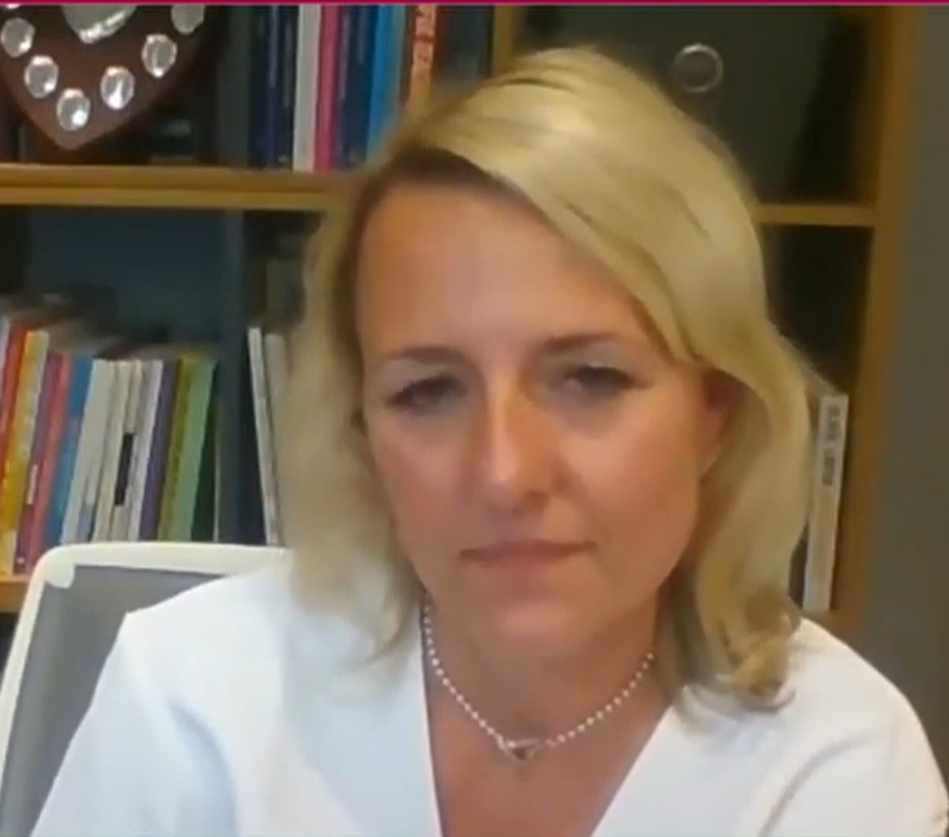Table of Contents
For this episode, special guest Aisha Thomas joins hosts Tom Sherrington and Emma Turner to discuss representation. The conversation focuses on Aisha’s diversity, equity, and inclusion work and expertise in training educators to increase representation, develop inclusive curriculum, and create a framework for anti-racism/anti-prejudice environments.
Aisha’s Story on Why Representation Matters
In part one of the episode, Aisha explores how she came to her ideas on why representation matters through stories of her lived experiences, exercises, and pedagogy surrounding DEI.
The Necessity of Empowerment
In her story of becoming the founder of Representation Matters, Aisha shares an experience of working for the Prince’s Trust during Law School. Her work focused on supporting young men in prison. While there, one of the young men she worked with made her realize the importance of representation in schools and community leadership. As Aisha explains, “If you don’t see yourself [in empowered positions], do you end up falling into the narrative of people that look like you?”
This journey led her to become an educator and ultimately host the BBC documentary “Beyond the 26,” which showed the impact of diverse voices in community leadership. The documentary was extremely impactful and set the groundwork for Aisha’s work.
Making Room for Identity in the Classroom
In the second part of the episode, the trio discusses addressing identity in the classroom. This part of the discussion focuses on what students and teachers take into the classroom. Aisha discusses how curriculum, classroom practices, and student engagement can make a difference in students’ value of themselves and their education.
The Power of Narrative & Why Representation Matters
A highlight of the second part of the conversation is the impact of content and recognizing how the identity of students should shape the narratives they learn and how they learn them. As Aisha points out, there are two sides to the conversation around impact of content.
Firstly, educators must address the traumatic response of students, particularly when teaching subjects that may trigger students racialized Black and Brown. Secondly, educators must show positive narratives that empower students of different identities and lead to a common understanding of empowerment.
In this section of the episode, Aisha has Tom and Emma go through an incredibly important exercise of listing four words that describe who they are. In their answers, Aisha points out how identity plays an important role in education. The exercise shows that to understand our students, teachers need to hold a mirror to who they are– their implicit biases and experiences. This framework means educators can make learning more impactful, inclusive, and equitable.
Finding Why Representation Matters in the Classroom
The episode closes with a discussion on the practical use of DEI training and policies. As Aisha points out, the practical use of her training provides a framework for how educators and students interact and shape educational environments accordingly.
Watch more episodes of Mind The Gap to learn about making education work globally.








